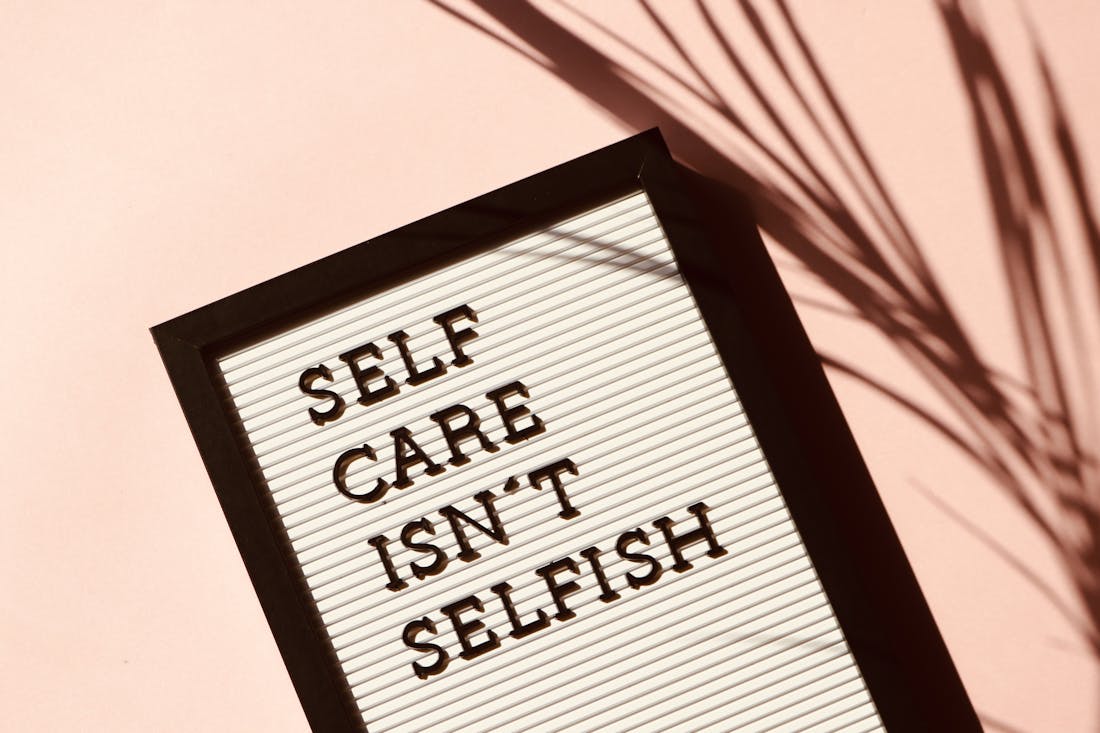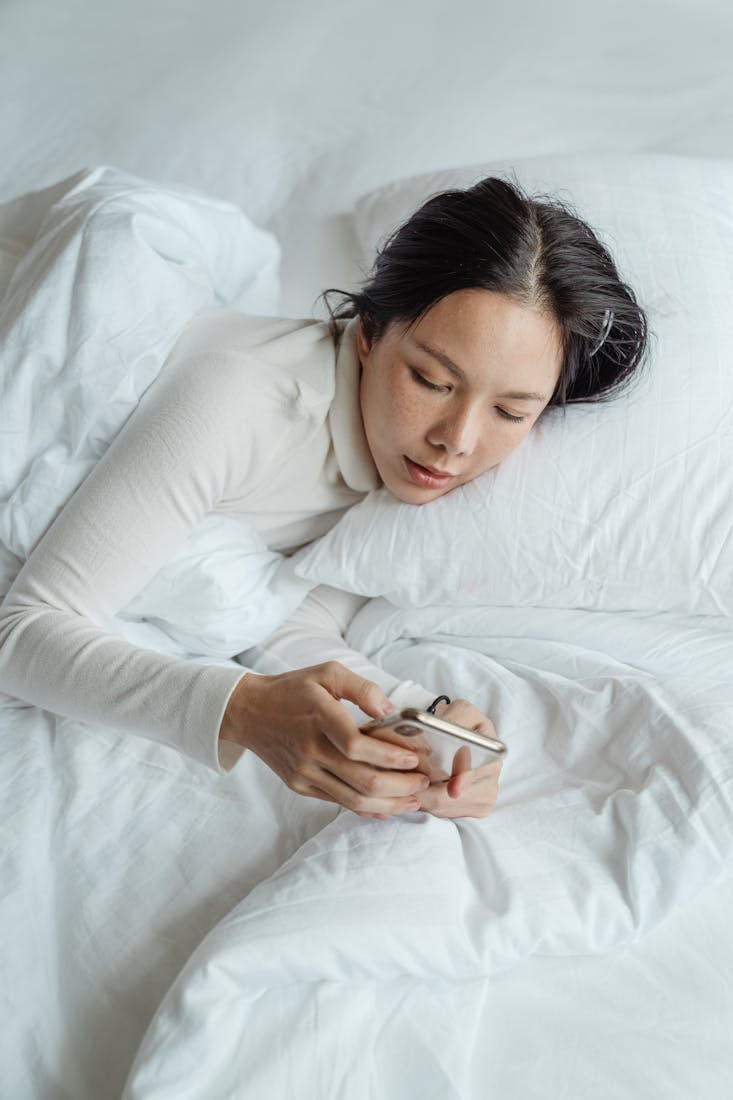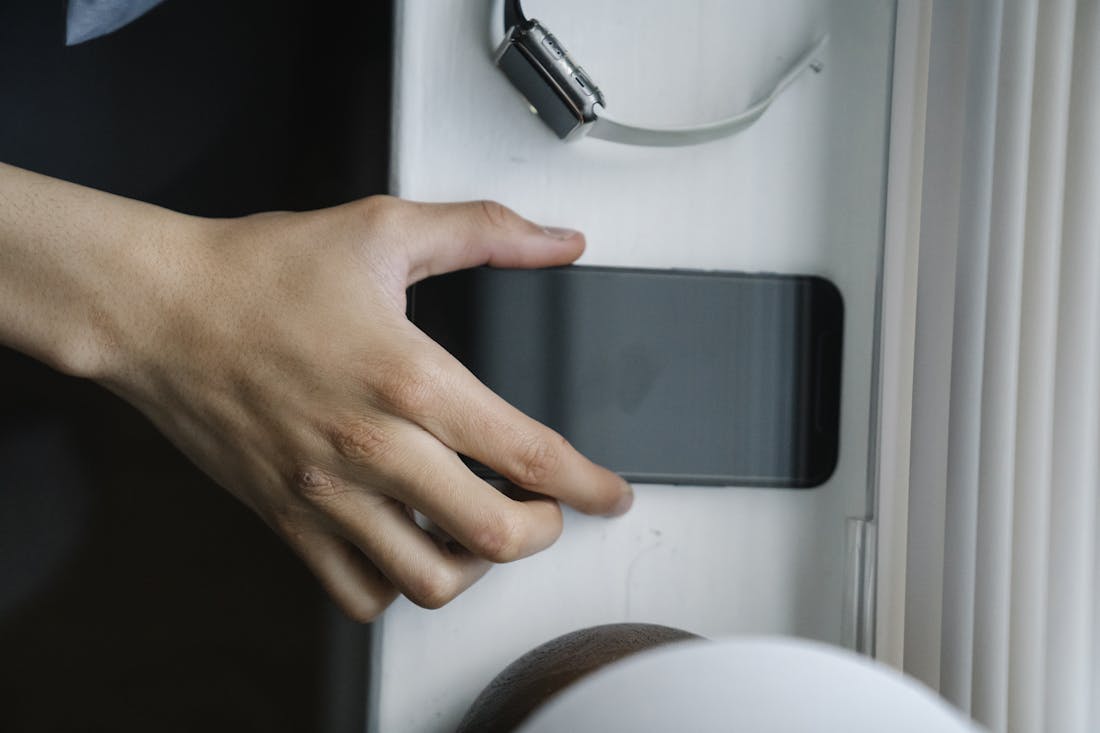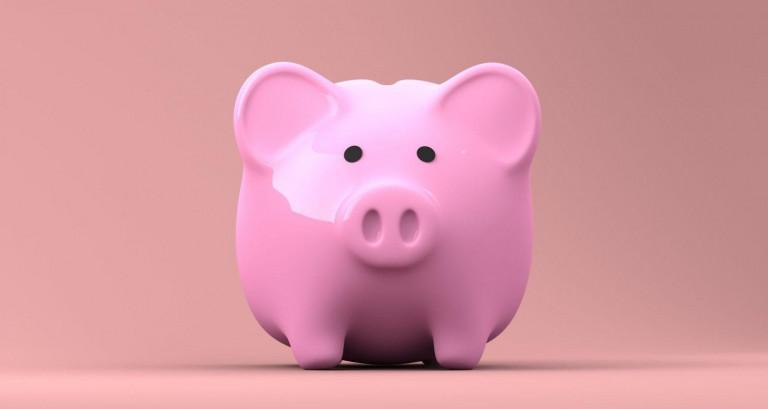Top 10+ Free Apps for Self-Therapy
In today’s fast-paced world, maintaining mental health is more crucial than ever. However, not everyone has the resources or time to seek professional help.
Luckily, there are numerous free apps for self-therapy that offer valuable tools to manage stress, anxiety, depression, and other mental health issues. These apps provide a convenient and affordable way to embark on a journey of self-improvement and mental wellness.
What Are Self-Therapy Apps?

Self-therapy apps are digital tools designed to help individuals manage their mental health independently. These apps offer various features, including guided meditations, mood tracking, cognitive behavioral therapy (CBT) exercises, and more.
Top Free Apps for Self-Therapy
1. Calm

Calm is renowned for its extensive library of guided meditations, sleep stories, and breathing exercises. It’s perfect for reducing anxiety and promoting relaxation. Calm also features a variety of programs aimed at improving sleep quality and overall mental health.
- Availability: iOS, Android
- Download Links:
2. Headspace

Headspace offers a user-friendly interface with guided meditations and mindfulness exercises that cater to various mental health needs, from stress relief to improving focus. It also has themed meditation packs to help with everything from sleep to anxiety.
- Availability: iOS, Android
- Download Links:
3. Moodfit

Moodfit provides tools for mood tracking, goal setting, and mindfulness exercises. It’s a comprehensive app that helps you understand and improve your mental health by using a variety of self-care techniques.
- Availability: iOS, Android
- Download Links:
4. Youper

Youper is an AI-powered app that uses conversations to help you manage your emotions. It offers mood tracking, mindfulness exercises, and personalized insights. The app adapts to your needs and provides tailored content to help improve your mental health.
- Availability: iOS, Android
- Download Links:
5. Wysa

Wysa combines AI chatbots and professional therapists to provide emotional support and mental health exercises. It’s a great companion for managing anxiety and stress through engaging conversations and self-help tools.
- Availability: iOS, Android
- Download Links:
6. SAM (Self-help for Anxiety Management)

SAM is a comprehensive app designed to help users understand and manage their anxiety. It offers a range of self-help methods, including anxiety tracking, guided relaxation techniques, and a community feature for additional support.
- Availability: iOS, Android
- Download Links:
7. Happify

Happify uses evidence-based games and activities to promote positive thinking and emotional well-being. It’s engaging and effective for boosting happiness through scientifically-backed techniques and personalized tracks.
- Availability: iOS, Android
- Download Links:
8. MindShift CBT

MindShift CBT is designed to help teens and young adults cope with anxiety using CBT tools and strategies. It offers practical tips and guided exercises to reduce worry, panic, and stress.
- Availability: iOS, Android
- Download Links:
9. Insight Timer

Insight Timer offers a vast library of free guided meditations, music tracks, and talks by mental health experts. It’s perfect for those who enjoy a variety of meditation styles and lengths, providing tools for relaxation and mindfulness.
- Availability: iOS, Android
- Download Links:
10. eMoods

eMoods is a mood tracking app specifically designed for individuals with bipolar disorder. It helps track mood swings, sleep, medications, and other symptoms, providing detailed reports for personal insight and doctor consultations.
- Availability: iOS, Android
- Download Links:
11. CBT Thought Diary

CBT Thought Diary helps users challenge negative thoughts and practice cognitive restructuring. It’s a great tool for improving mental clarity and emotional resilience, providing structured templates to track and analyze thoughts and emotions.
- Availability: iOS, Android
- Download Links:
12. PTSD Coach

PTSD Coach is designed for individuals experiencing post-traumatic stress disorder. It offers tools for managing symptoms, tracking progress, and connecting with support. The app includes educational materials and self-assessment tools to help users understand and manage PTSD.
- Availability: iOS, Android
- Download Links:
13. Gratitude

Gratitude focuses on building a positive mindset through daily gratitude journaling and affirmations. It’s a simple yet powerful way to boost happiness and well-being by fostering an attitude of gratitude.
- Availability: iOS, Android
- Download Links:
How to Choose the Right Self-Therapy App

Assess Your Needs
Identifying your primary mental health concerns is the first step in choosing the right self-therapy app. Different apps specialize in various areas such as anxiety, depression, stress, sleep issues, or general mental wellness.
Start by listing the specific challenges you face. Are you looking for an app that offers guided meditation to help with anxiety? Or do you need a mood tracker to monitor symptoms of depression?
Understanding your needs will help you narrow down the options and choose an app that best addresses your specific mental health goals.
Explore Features
Once you’ve identified your needs, explore the features offered by different self-therapy apps. Look for apps that provide tools tailored to your requirements. Common features include:
- Guided Meditations: Great for reducing stress and anxiety.
- Mood Tracking: Useful for monitoring emotional patterns and identifying triggers.
- Cognitive Behavioral Therapy (CBT) Exercises: Effective for managing negative thoughts and behaviors.
- Mindfulness Exercises: Helpful for improving focus and emotional regulation.
- Community Support: Access to forums or groups for peer support can be beneficial.
Read the app descriptions and reviews to get a sense of what each app offers and how those features can benefit you.
User Experience
The app’s user interface and overall experience play a significant role in your willingness to use it regularly. A user-friendly app with intuitive navigation and appealing design will make your self-therapy journey more enjoyable and less frustrating. Check for:
- Ease of Use: How simple is it to navigate through the app and access its features?
- Design and Layout: Is the interface clean and visually appealing?
- Customer Support: Is there help available if you encounter issues?
Reading user reviews can provide insight into the app’s usability and any potential issues you might face.
Privacy and Security
Given the sensitive nature of mental health data, it is crucial to choose an app that prioritizes privacy and security. Look for apps that comply with privacy standards and regulations such as GDPR (General Data Protection Regulation) or HIPAA (Health Insurance Portability and Accountability Act). Here are a few things to consider:
- Data Encryption: Ensure the app uses encryption to protect your data.
- Privacy Policy: Read the privacy policy to understand how your data will be used and stored.
- Anonymity Options: Some apps offer options to use them anonymously, adding an extra layer of privacy.
Make sure you feel confident that your personal information will be kept secure and confidential.
By carefully assessing your needs, exploring the available features, considering the user experience, and ensuring privacy and security, you can select the self-therapy app that best fits your mental health goals. Taking the time to choose the right app will enhance your self-therapy experience and support your journey towards improved mental wellness.
Integrating Self-Therapy Apps into Your Daily Routine

Set Regular Reminders
Consistency is key when it comes to mental health practices. Setting regular reminders helps establish a routine, making it easier to incorporate self-therapy into your daily life. Use the app’s built-in reminder feature or set alarms on your phone to prompt you to engage with the app.
For instance, you might set a reminder to do a meditation session every morning or a mood check-in every evening. Regular reminders ensure you don’t forget to use the app, which can enhance its effectiveness over time.
Start Small
Starting small helps you gradually integrate self-therapy into your routine without feeling overwhelmed. Begin with short sessions, such as a five-minute meditation or a quick mood check-in.
As you become more comfortable and find the practices beneficial, you can gradually increase the duration and frequency of your sessions. This approach makes the habit more sustainable and prevents burnout.
Remember, the goal is to build a long-term habit, so taking it slow initially can lead to more consistent and lasting use.
Combine with Other Self-Care Practices
Self-therapy apps can be more effective when combined with other self-care practices. Consider integrating them into a broader self-care regimen that includes:
- Exercise: Physical activity can enhance mental health. Use an app after a workout to cool down and relax.
- Healthy Eating: Nutrition impacts mental well-being. Pair app sessions with mindful eating practices.
- Sleep Hygiene: Quality sleep is crucial. Use sleep-focused features in apps like Calm to improve sleep patterns.
- Socializing: Positive social interactions can boost mood. Balance app use with time spent with friends and family.
Create a Dedicated Space
Having a dedicated space for self-therapy can make the practice more effective. Choose a quiet, comfortable area free from distractions where you can focus solely on your mental health exercises.
This space could be a corner of your room, a cozy chair, or even an outdoor spot if weather permits. A dedicated space helps signal to your mind that it’s time to engage in self-care, making it easier to get into the right mindset.
Track Your Progress
Most self-therapy apps offer features to track your progress over time. Use these tools to monitor your mood, track your habits, and record your reflections.
Regularly reviewing your progress can provide valuable insights into your mental health journey, helping you identify patterns and triggers. It can also motivate you to continue using the app as you see tangible improvements.
Reflecting on your progress reinforces the positive changes you’re making and encourages continued commitment.
Be Flexible
Life is unpredictable, and there will be days when sticking to your routine is challenging. It’s important to be flexible and compassionate with yourself.
If you miss a session, don’t get discouraged. Adjust your schedule as needed and get back on track when you can. Flexibility ensures that self-therapy remains a supportive practice rather than an additional source of stress.
Engage with the Community
Many self-therapy apps feature community forums or support groups. Engaging with these communities can provide additional support, motivation, and a sense of belonging.
Sharing your experiences, reading others’ stories, and participating in discussions can enhance your self-therapy practice. It creates a network of support that can be incredibly beneficial, especially during challenging times.
By setting regular reminders, starting small, combining with other self-care practices, creating a dedicated space, tracking progress, being flexible, and engaging with the community, you can effectively integrate self-therapy apps into your daily routine.
Benefits of Using Multiple Self-Therapy Apps
Diverse Tools
One of the primary benefits of using multiple self-therapy apps is access to a diverse array of tools and techniques. Different apps often focus on various aspects of mental health and employ unique methods.
For example, one app might specialize in guided meditations, while another offers cognitive behavioral therapy (CBT) exercises. By using multiple apps, you can create a comprehensive toolkit that addresses all your mental health needs.
This diversity allows you to tailor your self-therapy practices to your specific challenges and preferences, making your approach more effective and personalized.
Flexibility
Using multiple self-therapy apps provides flexibility in your mental health routine. Some days you might need a quick mood booster, while other days you might require more in-depth therapy exercises.
Having several apps at your disposal allows you to choose the right tool for your current state of mind and needs. This flexibility ensures that you can always find an appropriate and effective method to support your mental well-being, regardless of the situation.
Enhanced Support
Multiple apps can offer enhanced support by covering different dimensions of mental health. For instance, one app might help you with anxiety through mindfulness practices, while another app could assist in tracking your mood and identifying patterns.
This multifaceted approach can provide a more robust support system, addressing a broader range of mental health issues and reinforcing positive habits. Enhanced support from various angles can significantly improve your overall mental health outcomes.
Increased Engagement
Variety can keep you more engaged in your mental health practices. Using the same app daily might become monotonous, leading to reduced motivation and engagement. However, switching between different apps can keep your routine fresh and interesting.
Each app’s unique features and approaches can renew your interest and commitment, ensuring that you remain consistent in your self-therapy practices. Increased engagement is crucial for long-term success in managing mental health.
Comprehensive Insights
Different self-therapy apps often provide various types of data and insights. For example, one app might focus on tracking mood changes, while another offers detailed feedback on your meditation practices.
By using multiple apps, you can gather comprehensive insights into your mental health from different perspectives. This holistic view can help you better understand your mental health patterns, triggers, and progress. Comprehensive insights allow for more informed decisions about your mental health strategies and adjustments.
Adaptability
Life circumstances and mental health needs can change over time. Having access to multiple self-therapy apps allows you to adapt to these changes more effectively. If one app’s approach no longer seems to be working for you, you can easily switch to another without disrupting your overall mental health routine. This adaptability ensures that you can continue to support your mental well-being even as your needs evolve, maintaining consistency and effectiveness in your self-therapy practices.
By leveraging the diverse tools, flexibility, enhanced support, increased engagement, comprehensive insights, and adaptability offered by multiple self-therapy apps, you can create a more effective and personalized mental health regimen. This multifaceted approach can significantly enhance your journey towards mental wellness, providing you with the resources and motivation to manage your mental health effectively.






